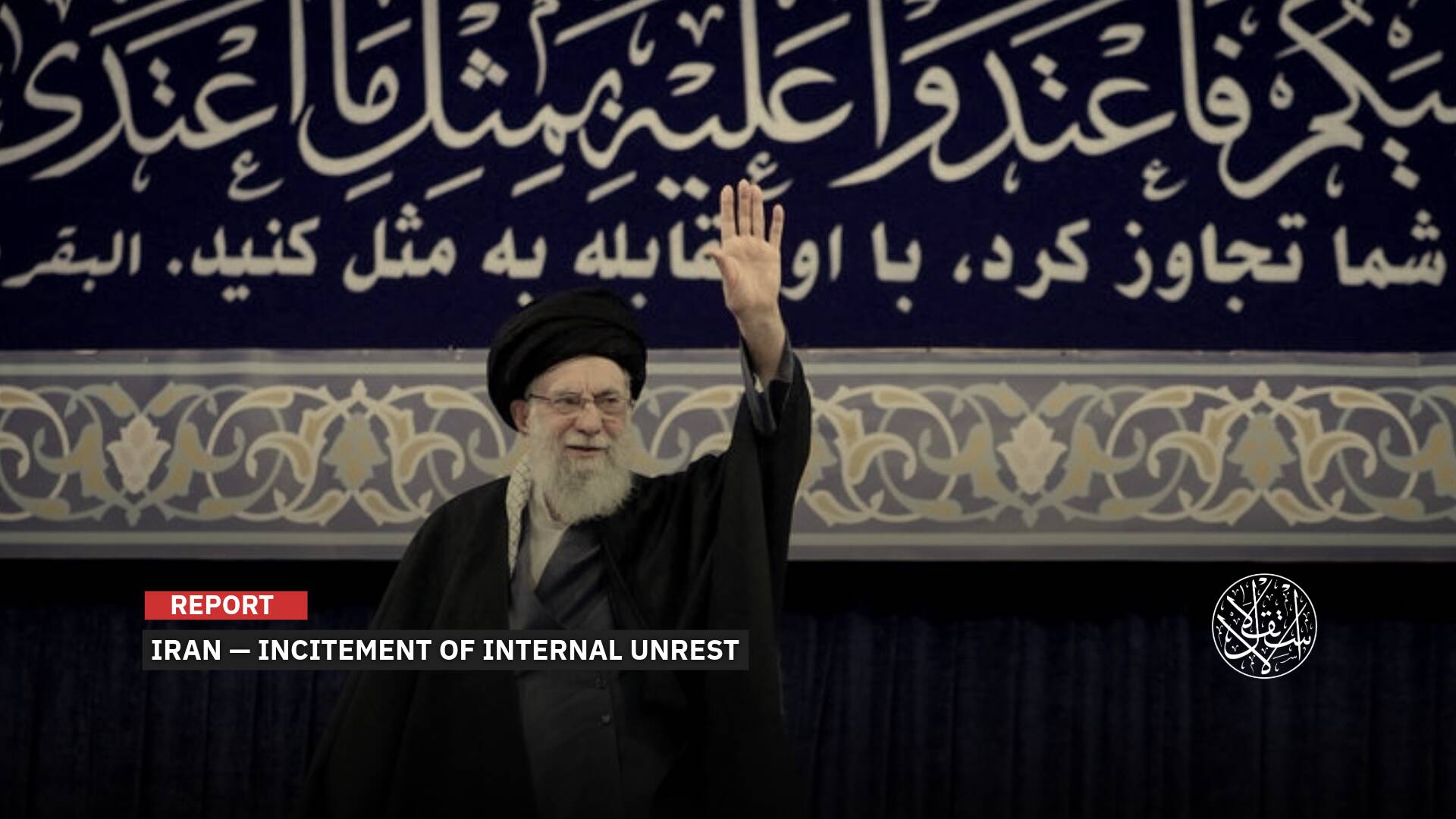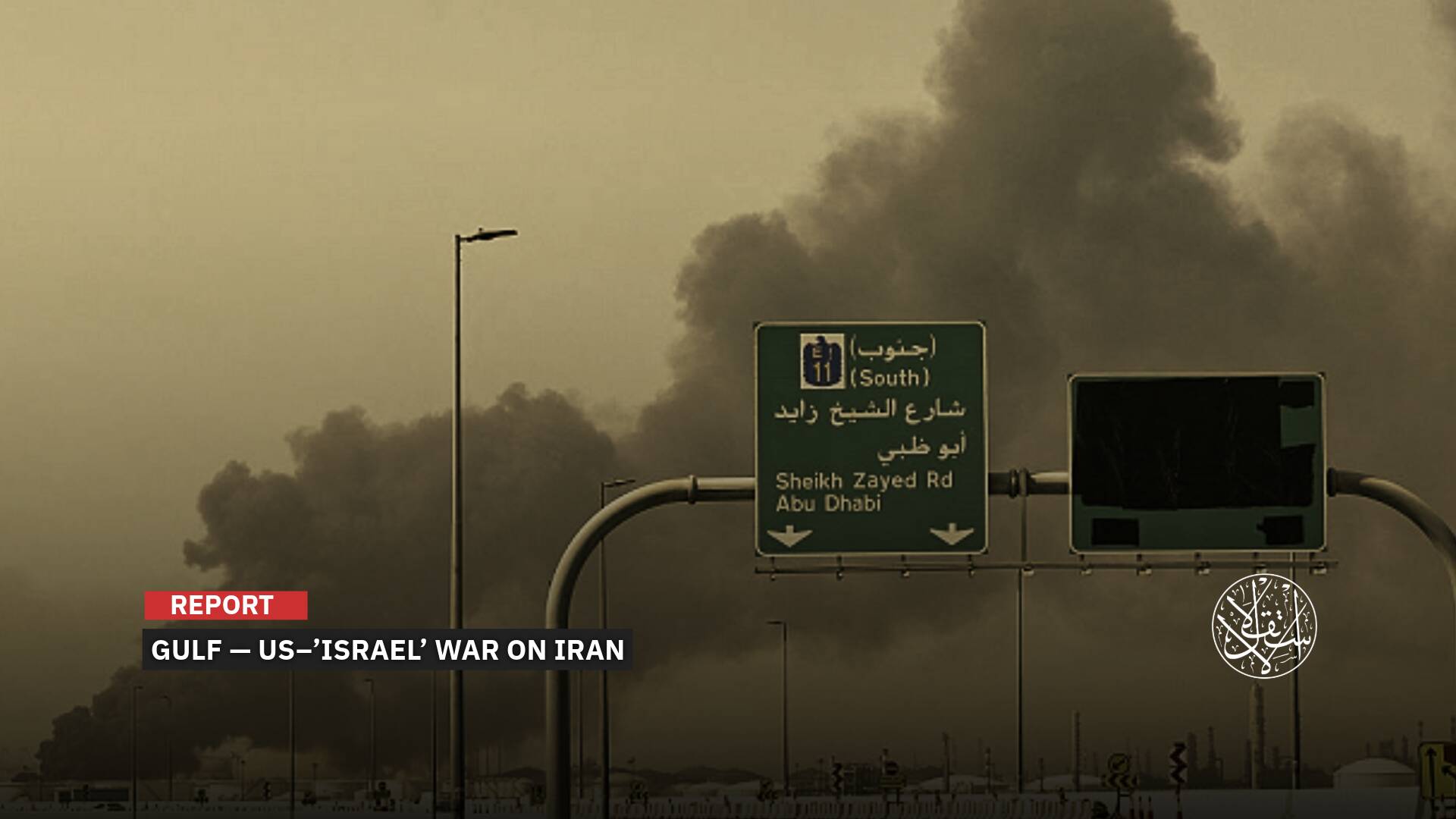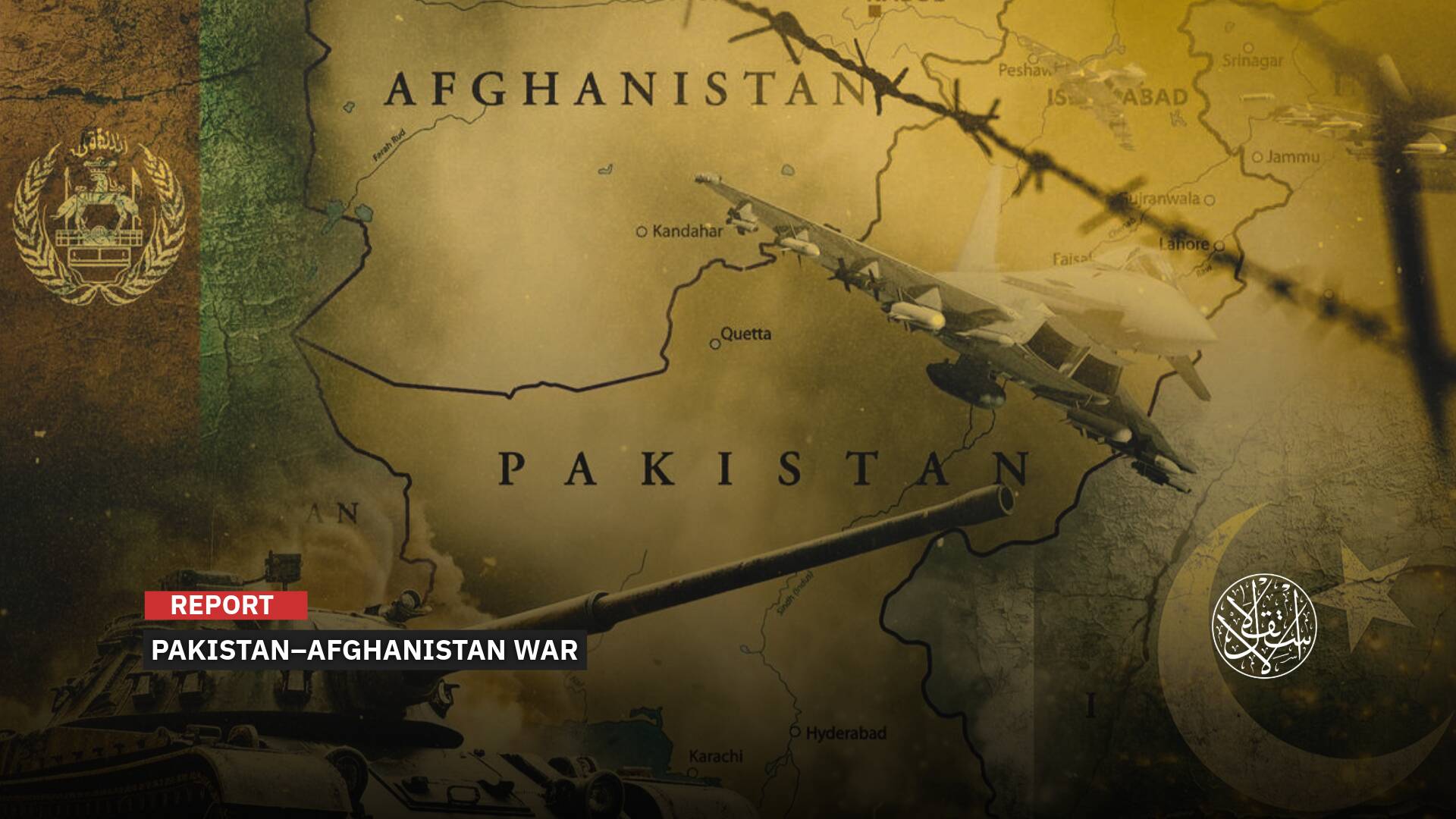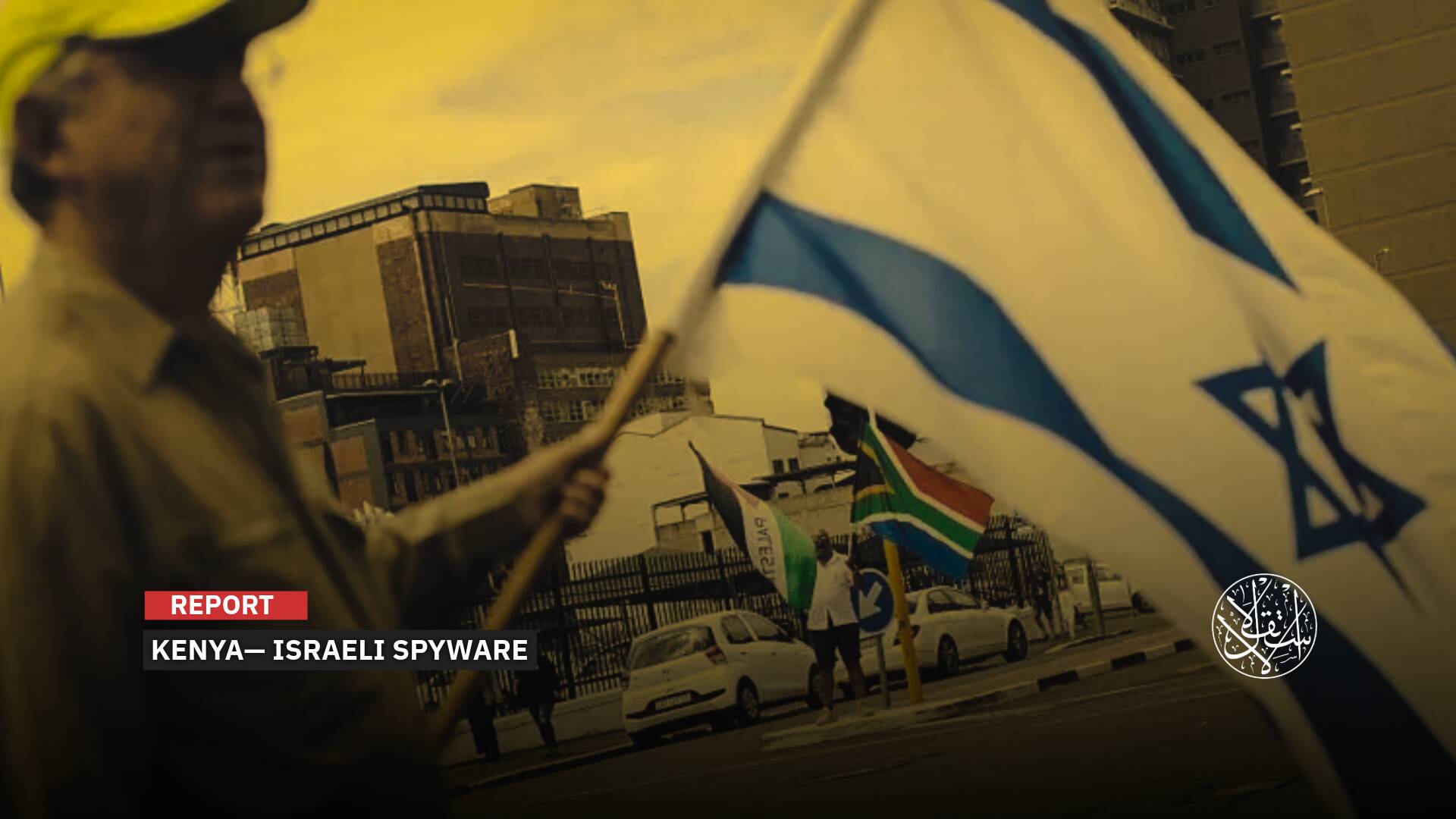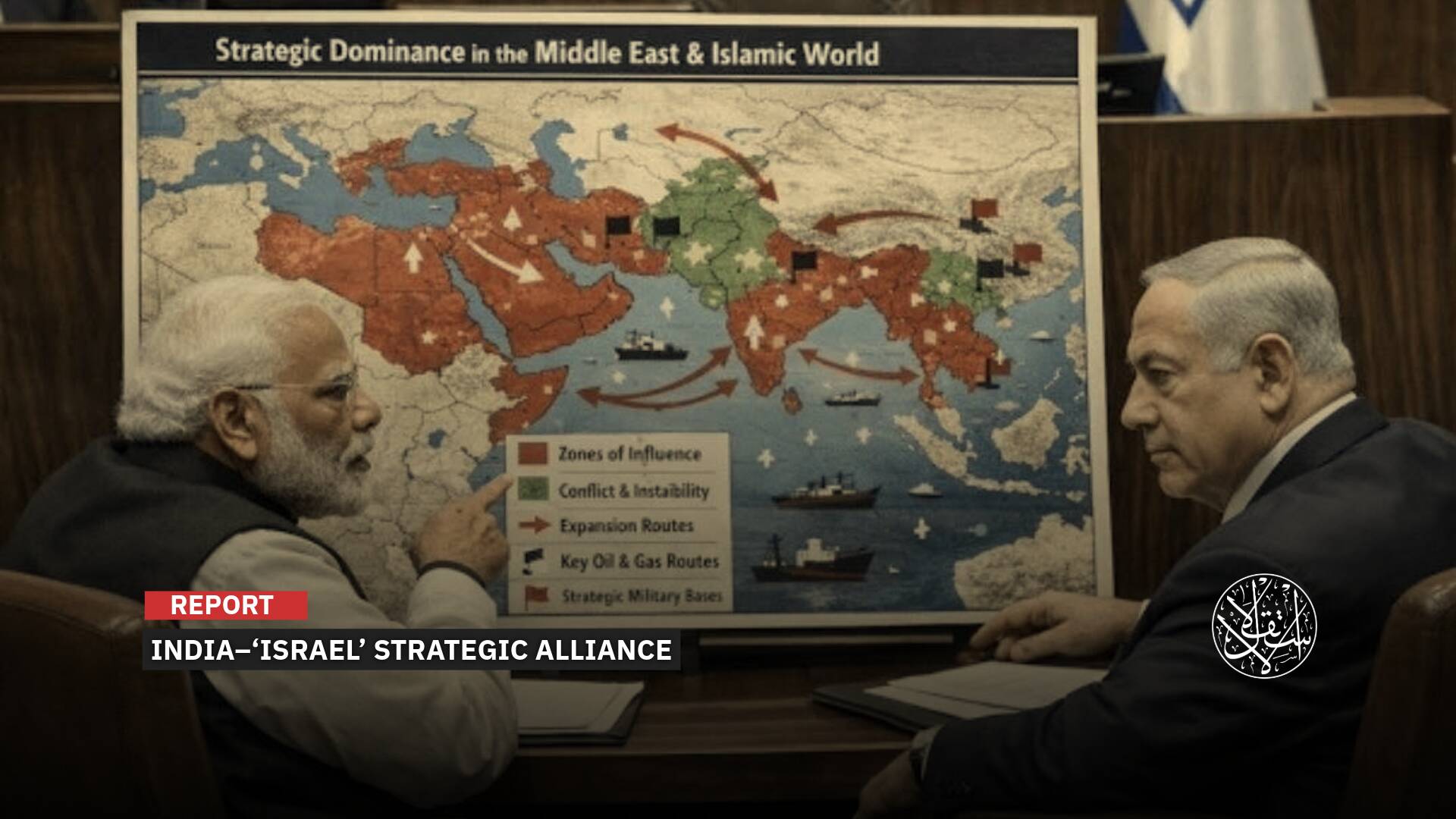Turkish Influence and Russia's Armenians Dilemma: Reasons for Azerbaijan's New Karabakh Offensive

Although the war concluded almost three years ago, Azerbaijan embarked on a decisive endeavor to reclaim its territories, previously occupied by Armenia, by launching an operation against Armenian separatists in the Karabakh region, which falls under Baku's authority, on September 19, 2023.
This military action came three years after the last conflict in the region, with Azerbaijan demanding unconditional surrender from Armenian separatists.
Within just 24 hours, Armenian separatists yielded to Azerbaijani terms, relinquishing their weapons. The Azerbaijani Ministry of Defense announced the suspension of its operations after reaching an agreement, as reported by Reuters on September 20, 2023.
Conflict Resolution
The agreement stipulates the disarmament of Armenian armed forces and unauthorized groups within the Karabakh region, as well as their withdrawal from military positions, completing the full disarmament process at those sites.
It also calls for the departure of Armenian military formations from Azerbaijani Karabakh territory and the dissolution of illegal Armenian armed groups.
The agreement also mandates the handover of all ammunition and heavy military equipment in conjunction with the first phase and ensures the execution of the mentioned operation in coordination with the Russian peacekeeping unit.
Baku aims to negotiate the return of the region to its sovereignty following its declaration of independence after the collapse of the Soviet Union, which led to two intense wars in the 1990s and in 2020 between Azerbaijan and Armenia.
In September 2020, Azerbaijan sought revenge for its defeat in 1994, reclaiming approximately one-fifth of its territory that was occupied during that war and gaining control of nearly 60% of the Karabakh region.

Azerbaijan secured the strategically significant city of Shusha, overlooking the capital, Stepanakert, and located less than 15 kilometers away.
This move reconnected its territories to the Nakhchivan region, which had been completely isolated despite being under Azerbaijani sovereignty. Access to Nakhchivan previously required passage through Iran or Armenia.
Azerbaijan established a direct geographical connection to Turkiye through a 23-kilometer-long border strip.
Armenia withdrew from this agreement, losing the territories it had occupied in 1994, including 60% of the Karabakh region. The remaining part of Karabakh was still disputed until Azerbaijan fully regained it in the recent September 2023 clashes.
The Nagorno-Karabakh region is recognized as part of Azerbaijan by the international community, including Armenia. However, it came under Armenian occupation, along with other Azerbaijani territories, following the conflict in the 1990s. Baku later reclaimed most of it in the 2020 war, with significant Turkish support.
Persistent separatist activities, including confrontations with Azerbaijani forces, gunfire exchanges, and their attempt to establish a separate republic in the region called the Republic of Artsakh, led Azerbaijan to continue its liberation of Karabakh in a new operation in September 2023.
Azerbaijan accused Armenia and the Karabakh separatists of failing to adhere to the 2020 agreement, continuing provocative actions, and, most recently, holding presidential elections in the region they refer to as the Republic of Artsakh on September 9, 2023, resulting in the deaths of Azerbaijani soldiers.
They had also mobilized 10,000 fighters in the region. Therefore, Baku decided to end the remaining occupation and reclaim the area.
These elections, criticized by the international community, were seen by Baku as a major setback to regional normalization efforts and Azerbaijan's attempts to ensure the integration of Armenians into Karabakh within Azerbaijan. This escalation prompted Azerbaijan to launch a surprise attack on the separatists.
مسيرات الجيش الأذربيجاني تدمر مواقع الجيش الأرميني في قرة باغ. pic.twitter.com/RSHq9MrswM
— الرادع التركي (@RD_turk) September 20, 2023
Why Now?
The reason behind Azerbaijan's recent action can be attributed to Russia's preoccupation with the quagmire of the Ukraine conflict and its reluctance to intervene, to the extent that it withdrew its forces that had been separating the two sides following the recent Azerbaijani attack.
Russian emergency forces withdrew from their position in Khankendi (in the Karabakh region) just hours before Azerbaijani airstrikes targeted the site. There have been speculations that the Russian withdrawal from the radar site indicates some form of coordination or prior warning to the Russians.
Russian peacekeeping forces, deployed in Karabakh under the 2020 ceasefire agreement, were tasked with preventing a new conflict.
However, Moscow has been accused by the Armenians of being unable or unwilling to intervene in protecting Armenia, its longstanding ally against Azerbaijan.
What's even stranger is that Armenia itself officially relinquished control of Karabakh, and Armenian Prime Minister Nikol Pashinyan refused to intervene against Azerbaijani forces, leading Armenians to protest against him, labeling him a "traitor" and calling for his resignation.
TASS Russian News Agency reported on May 22, 2023, that Armenian Prime Minister Nikol Pashinyan stated that his country was ready to recognize Karabakh as part of Azerbaijan if the latter ensured the security of the Armenian population there.
Therefore, Russia defended Armenia against accusations of abandonment, with the spokesperson for the Russian presidency, Dmitry Peskov, stating on September 20, 2023, that the Armenian Prime Minister had previously acknowledged that Karabakh is an integral part of Azerbaijani territory.
Armenia's blame for Russia, despite Armenia's own official recognition of Karabakh as part of Azerbaijan, has raised eyebrows.
Azerbaijan's recent move came after sensing nationalist extremist movements and encouragement from several major regional and global powers that see it in their interests to fuel the conflict and deter Turkish-Azerbaijani reconciliation with Armenia.
Turkish analysts have noted that despite Europe's need for Azerbaijani oil and gas and, therefore, stability, they are swayed by a discourse that supports Christian Armenians against Muslim Azerbaijanis.
Western media outlets have propagated allegations of ethnic cleansing against Armenians, despite Armenians themselves having committed ethnic cleansing against Azerbaijanis. President Aliyev of Azerbaijan even promised to turn their region into a "paradise."
Arab and Western commentators have observed what they perceive as the difference between the Armenian occupation of Karabakh and the Azerbaijani victory.
While the former prompted Muslim residents to flee and involved ethnic cleansing, the latter saw some Armenians peacefully leaving following Azerbaijan's victory and at their own discretion."
The Armenians have turned to strengthening their relationship with the United States after a decrease in Russian backing.
They have embarked on a propaganda campaign to garner Western sympathy and incite anti-Turkish and anti-Azerbaijani sentiments, aligning with American interests in distancing Armenia from Russia.
A notable development was the statement by the Armenian Ministry of Defense on September 11, 2023, revealing joint Armenian-American security training with the aim of "enhancing the capabilities of units participating in international peacekeeping missions." This move elicited criticism from Russia.
#تحرير_قره_باغ
— سمير العَركي (@s_alaraki) September 20, 2023
أكثر من 31 عاما تفصل بين الصورتين زمنيا لكن شتان بين سلوك المنتصر...
- في فبراير 1992 خرج المسلمون خائفين مذعورين بعد استيلاء القوات الأرمينية على المدينة وتنفيذ مذبحة في حق سكانها المدنيين خلفت 613 قتيلا مدنيا وبعضهم تم التمثيل بجثته وقطع الأنوف والأعضاء… pic.twitter.com/qW7tu3RZtW
Balances Change
Several Russian officials reprimanded Armenia for its Western overtures, warning that such actions could lead to serious complications, as reported by Reuters on September 20, 2023.
According to CNN on September 17, 2023, Armenia's participation in military training alongside the United States prompted the Russian government to describe it as the latest unfriendly move by its traditional ally.
However, Armenia's frustration with Russia's inability or reluctance to intervene stemmed from its belief that Moscow was no longer fulfilling its security commitments, supposedly extended through the Collective Security Treaty Organization (CSTO), a military alliance of post-Soviet states, including Yerevan.
Another factor is Turkiye's emergence as a new player in the South Caucasus, becoming a regional force with weight in the complex calculations of the region. This includes both military roles, with the supply of weapons and drones to Baku that helped tip the balance in the recent conflict, and regional and international roles in support of Azerbaijan.
Turkiye, a close ally of Azerbaijan, defended Baku's recent offensive against the separatists in the region, asserting that the Azerbaijani government found itself compelled to take necessary actions on its sovereign territory.

Azerbaijan, predominantly inhabited by Shia Muslims and Turkish speakers, is Turkiye's key ally in the region. Turkish President Recep Tayyip Erdogan has consistently supported all of Azerbaijan's moves to establish control and reclaim the Nagorno-Karabakh region during the ongoing conflicts.
Turkiye's military drones, specifically the Bayraktar drones, played a pivotal role in decisively tipping the balance in favor of Azerbaijan during the 2020 strategic victory.
Erdogan and other Turkish officials often use the phrase "one nation in two states" when referring to their support for Azerbaijan, emphasizing the shared ethnicity and language.
Azerbaijan serves as a robust source of oil and gas for Turkiye, in addition to significant commercial projects between the two nations.
According to AFP on September 20, 2023, Turkiye holds strategic ambitions in the former Soviet Caucasus and Central Asia.
With Azerbaijan achieving a comprehensive victory in reclaiming all of its territory with Turkish support, Reuters described this war on September 20, 2023, as one that will shift the geopolitical balance in the South Caucasus. This region is a crossroads for energy pipelines, where Russia, the United States, Turkiye, and Iran vie for influence.
Analysts suggest that the geopolitical balance in the South Caucasus is now leaning in favor of Turkiye.
The latter has strengthened its position in the region, either independently or in coordination with Russia, which is preoccupied with the conflict in Ukraine. They speculate that Russia's less rigid stance this time, favoring Armenia, is a response to Armenian closeness with Washington.



